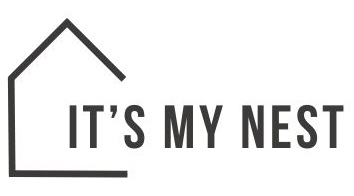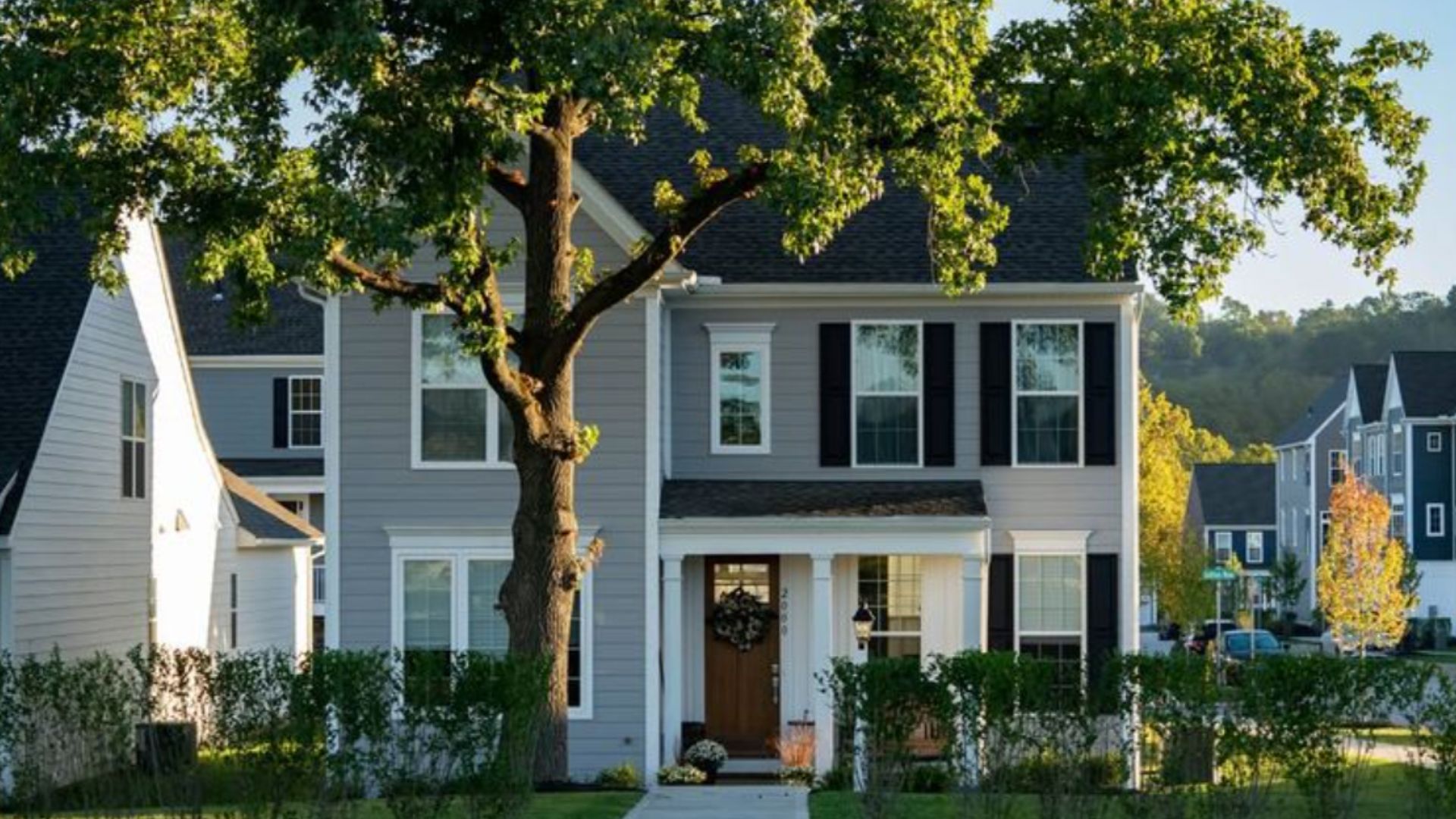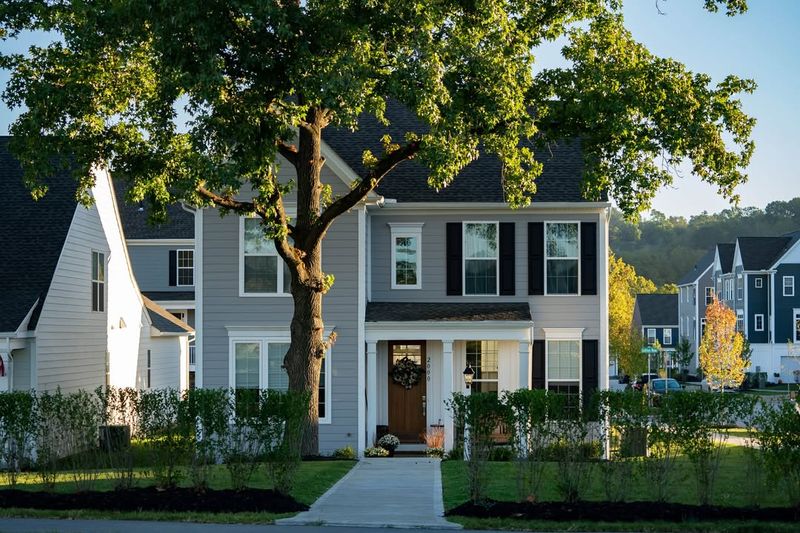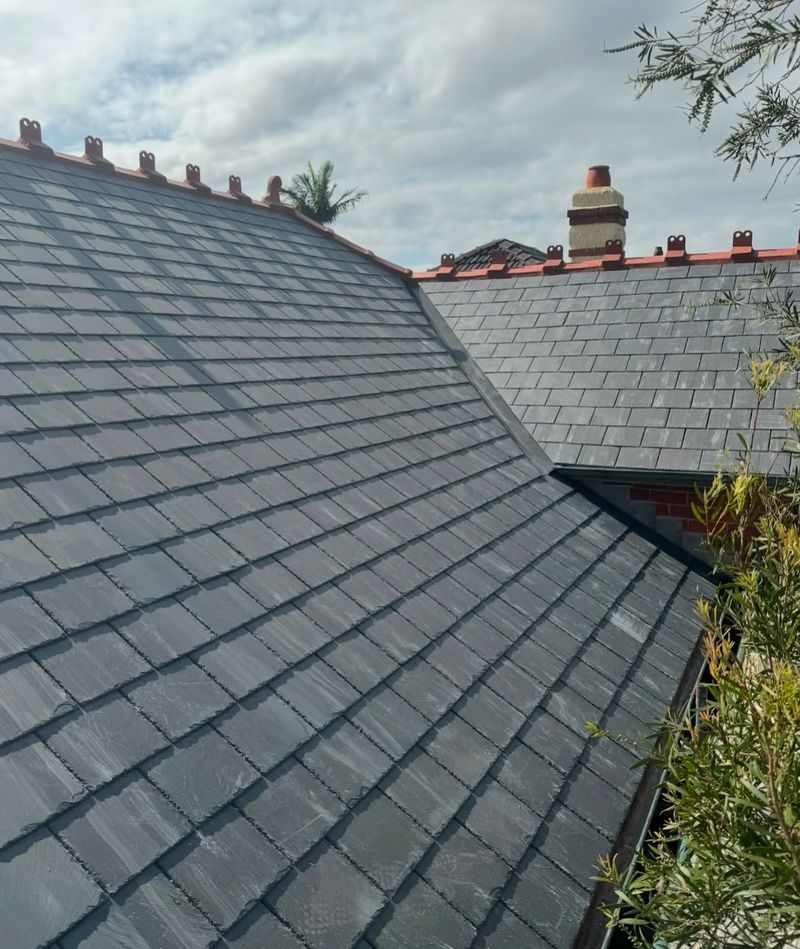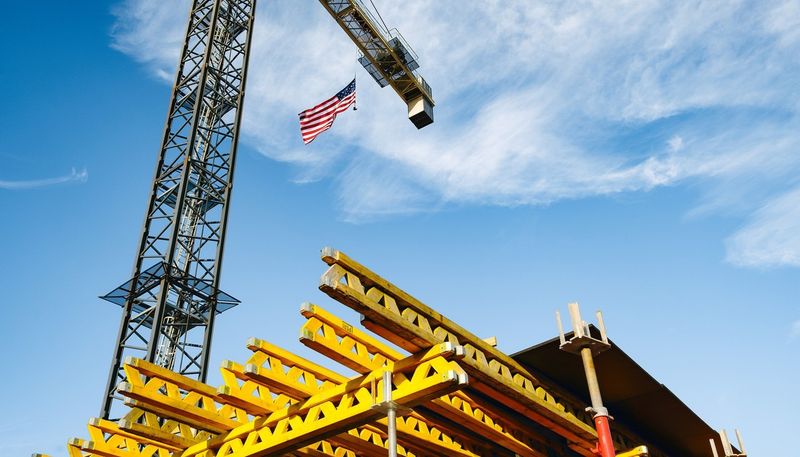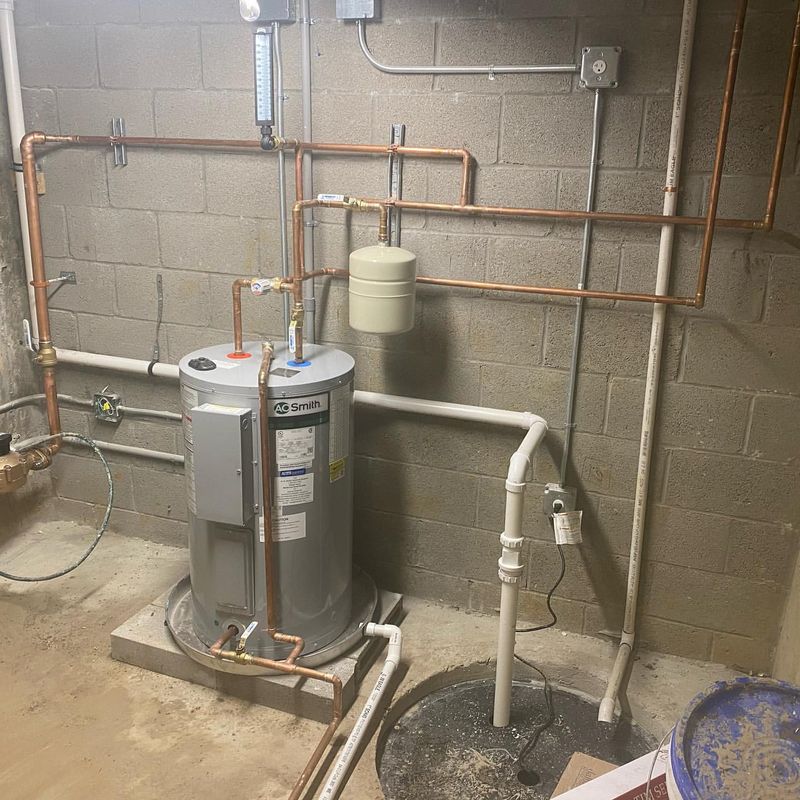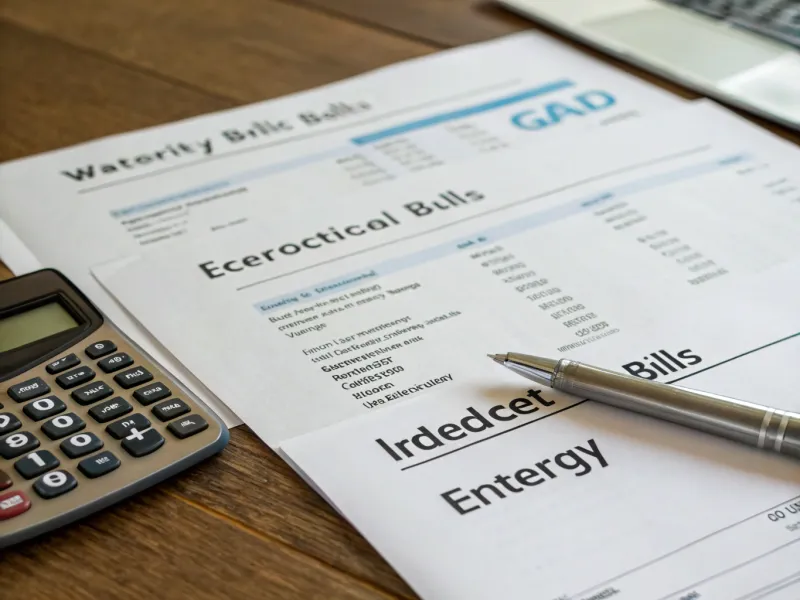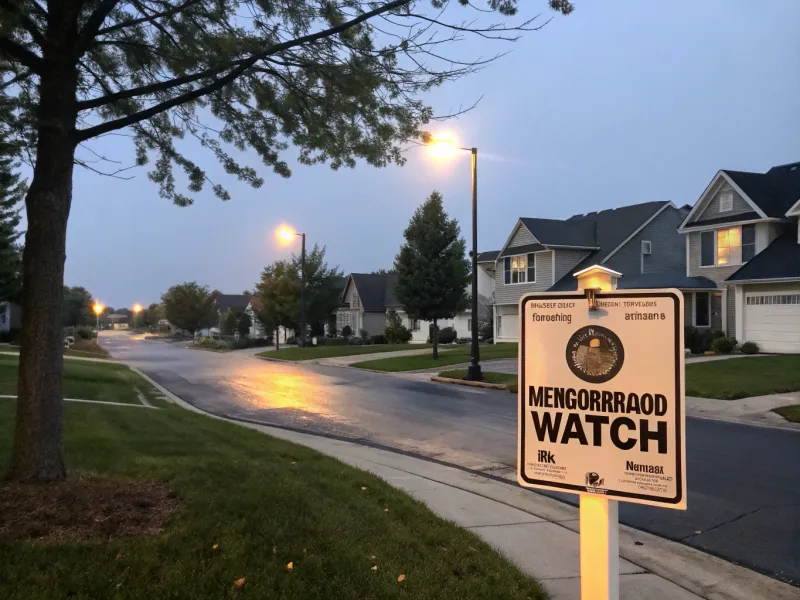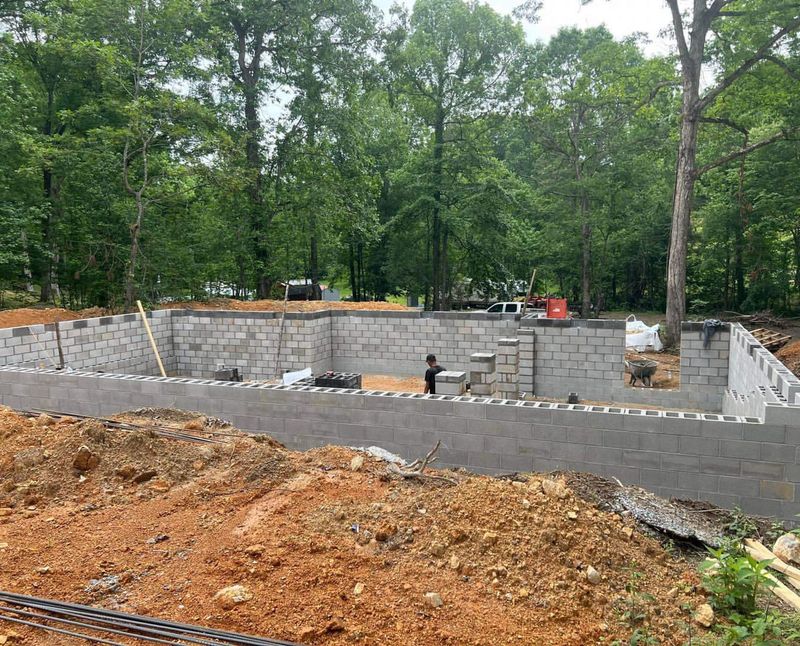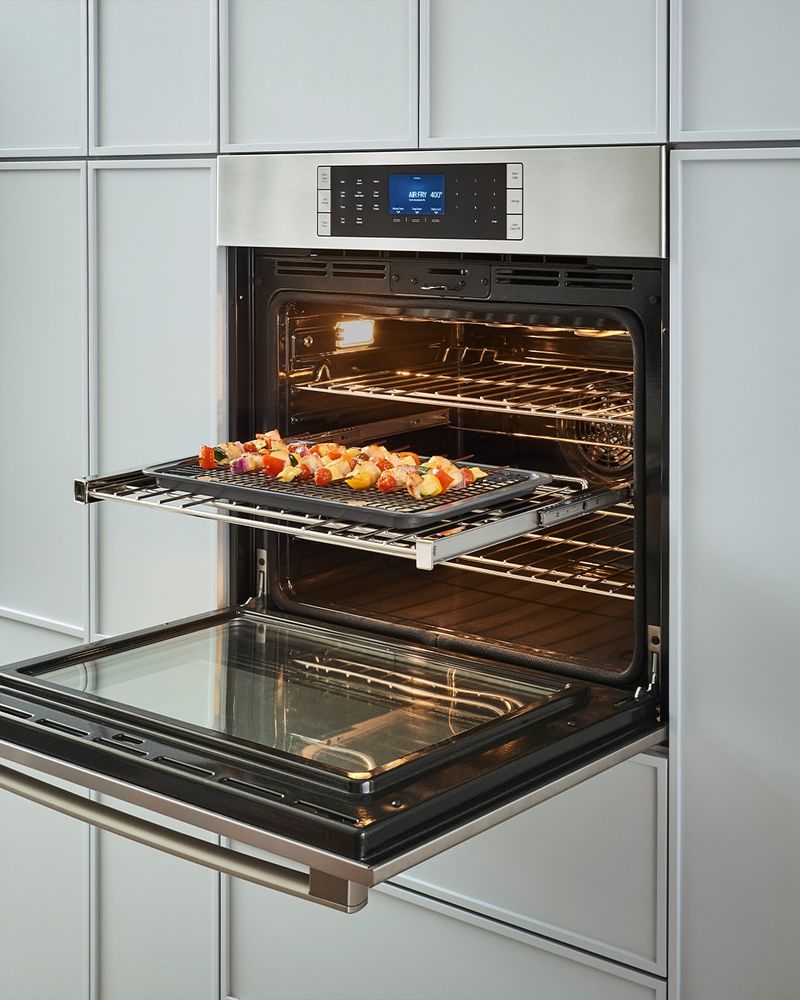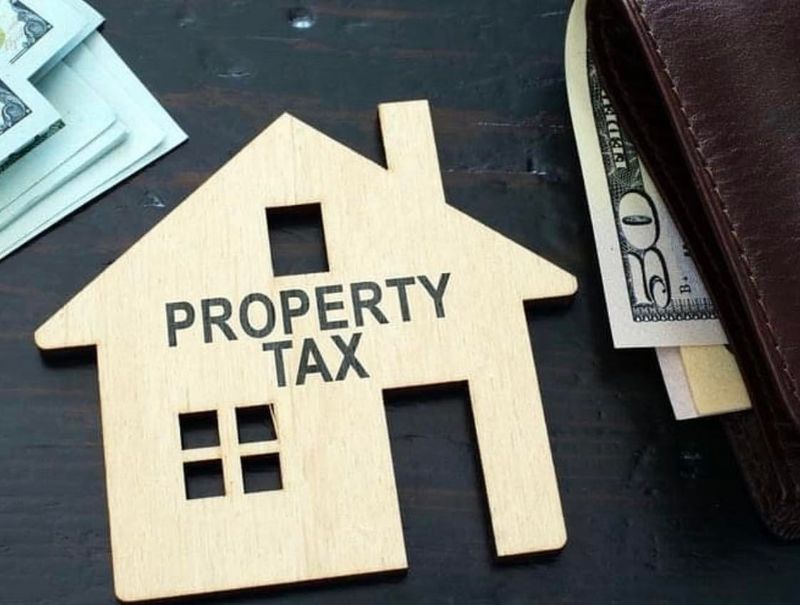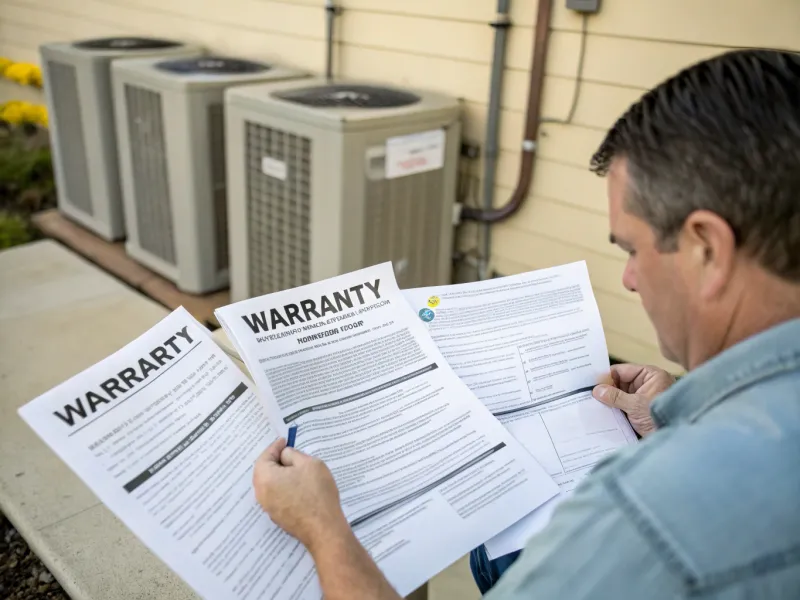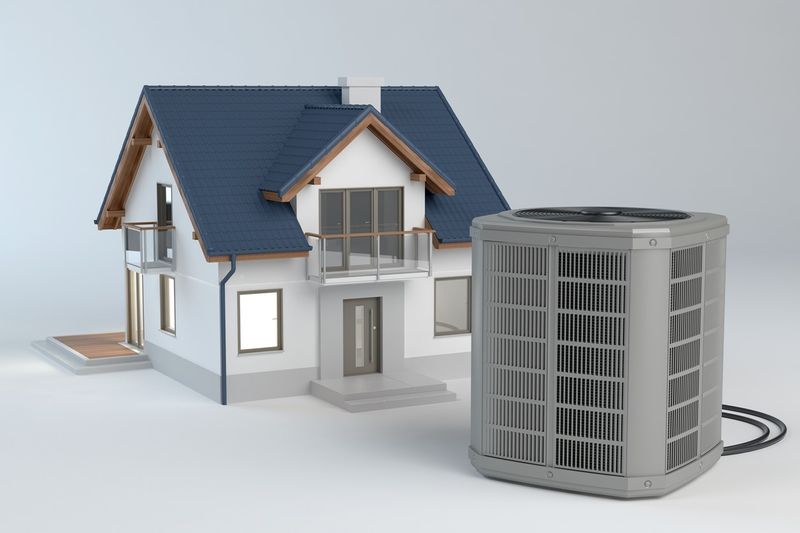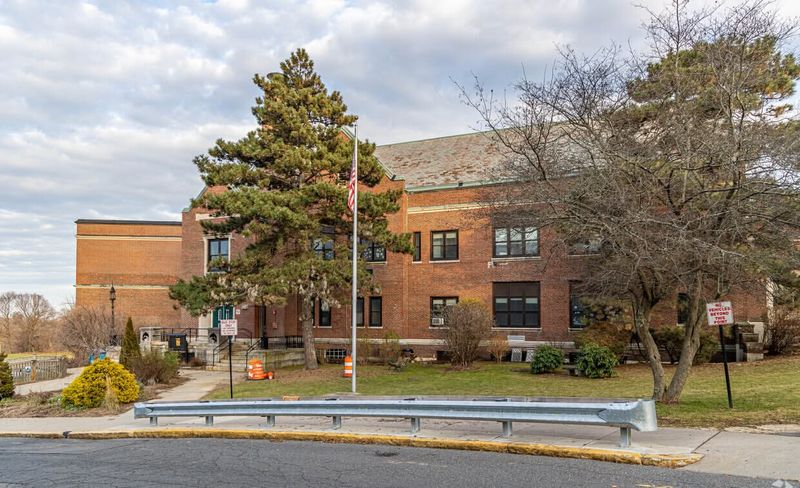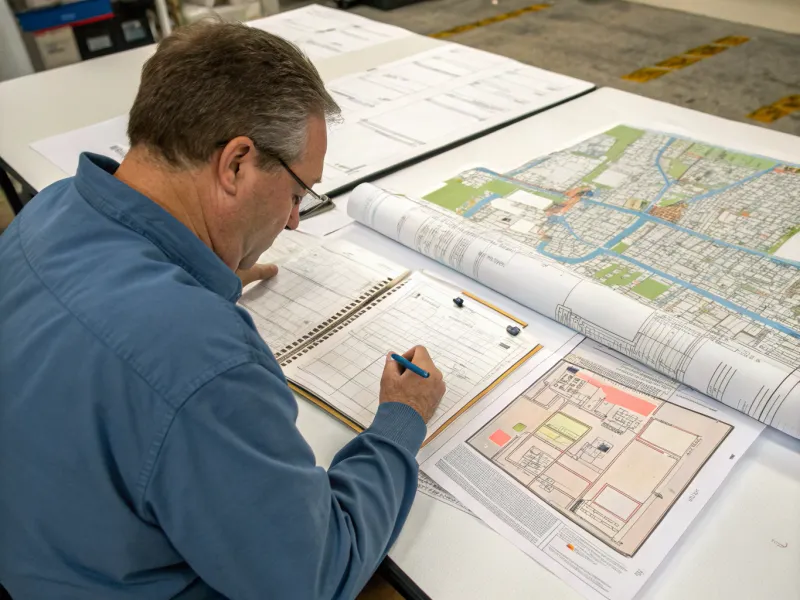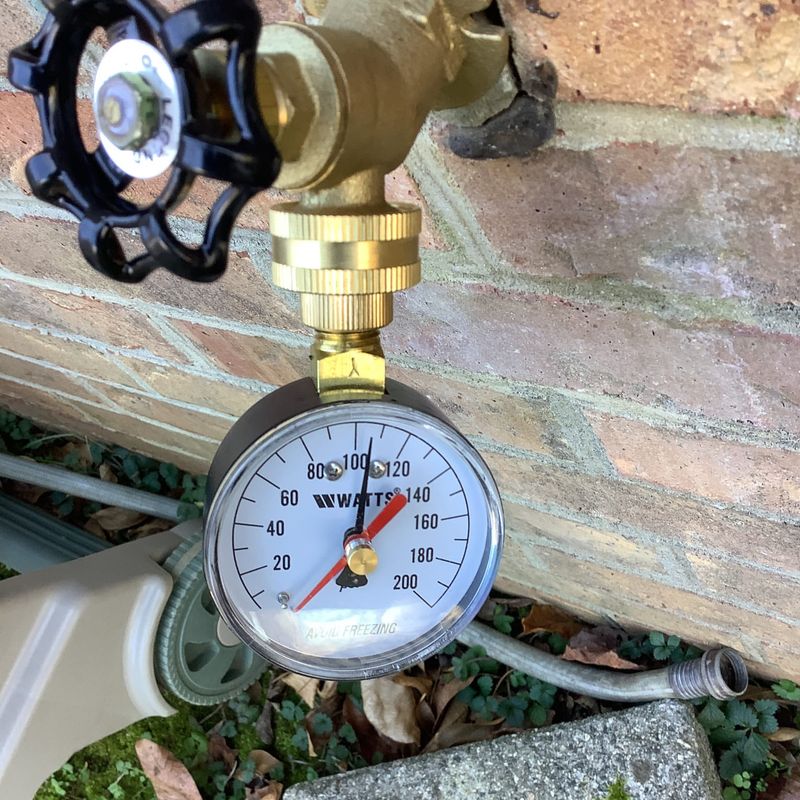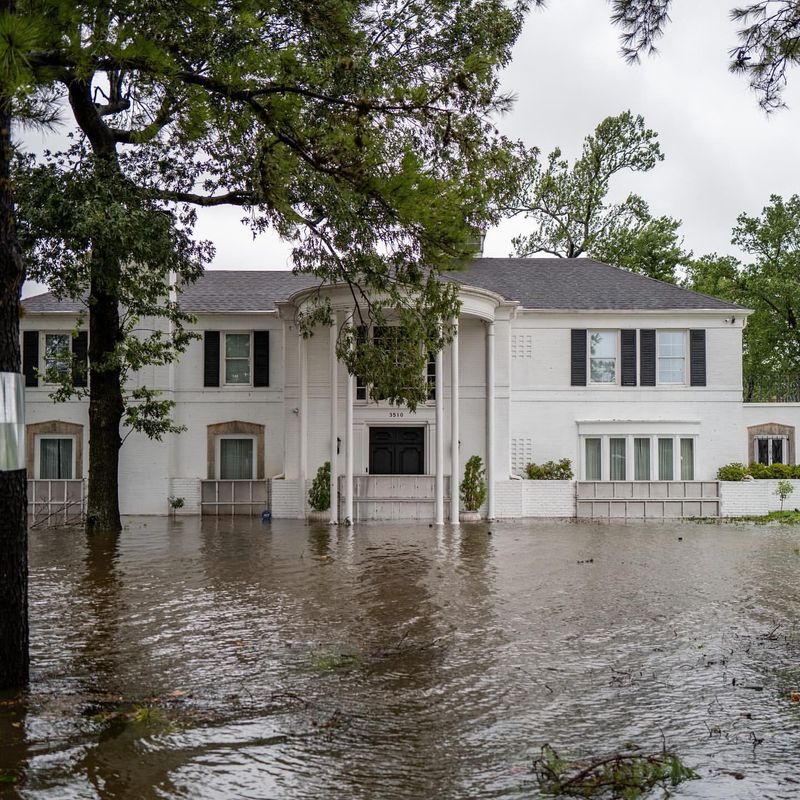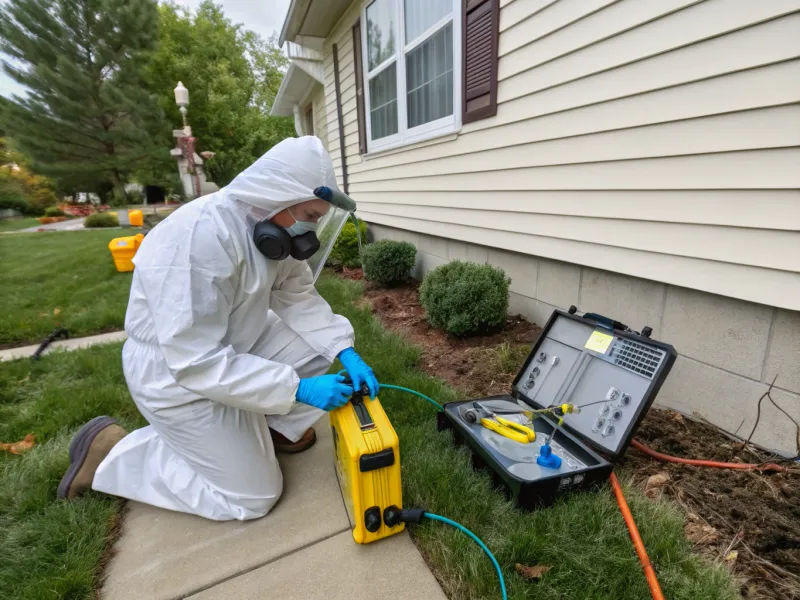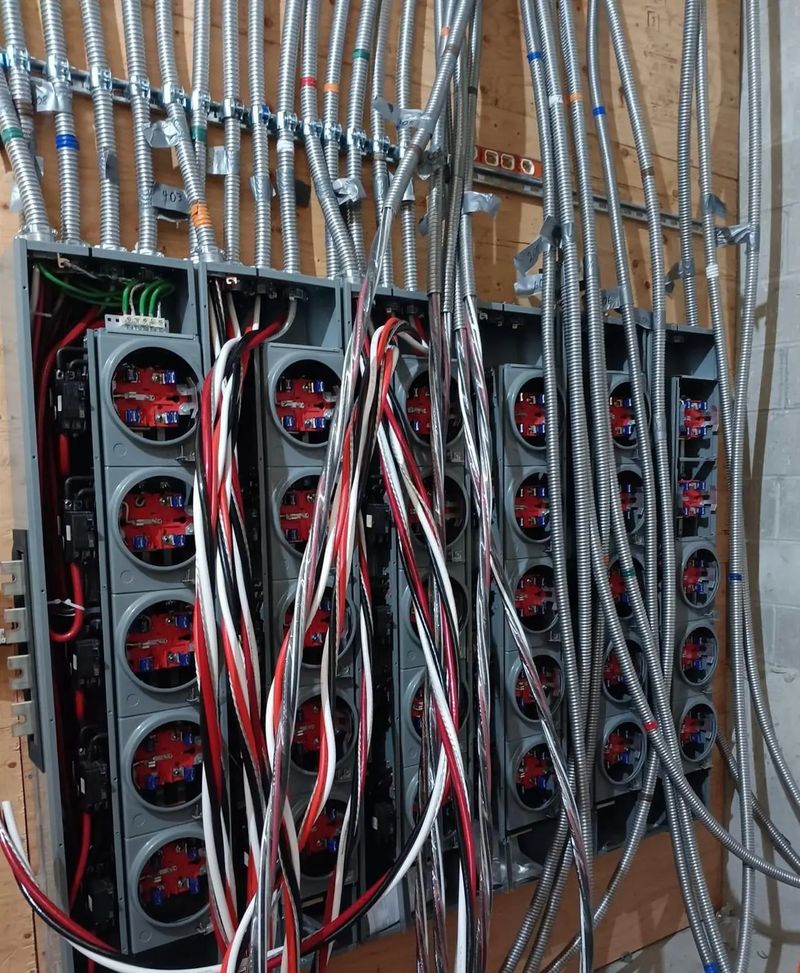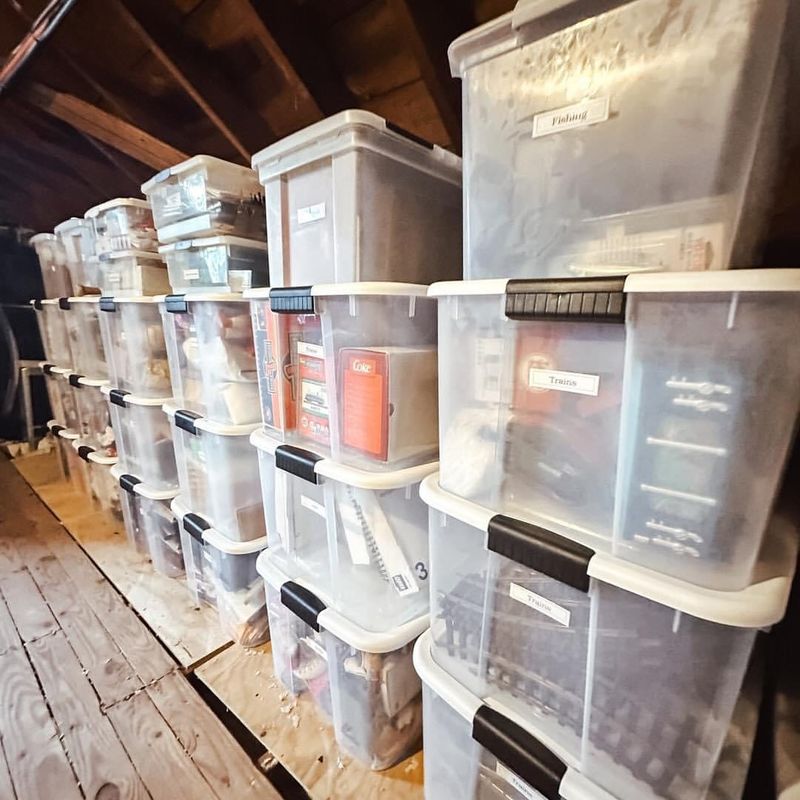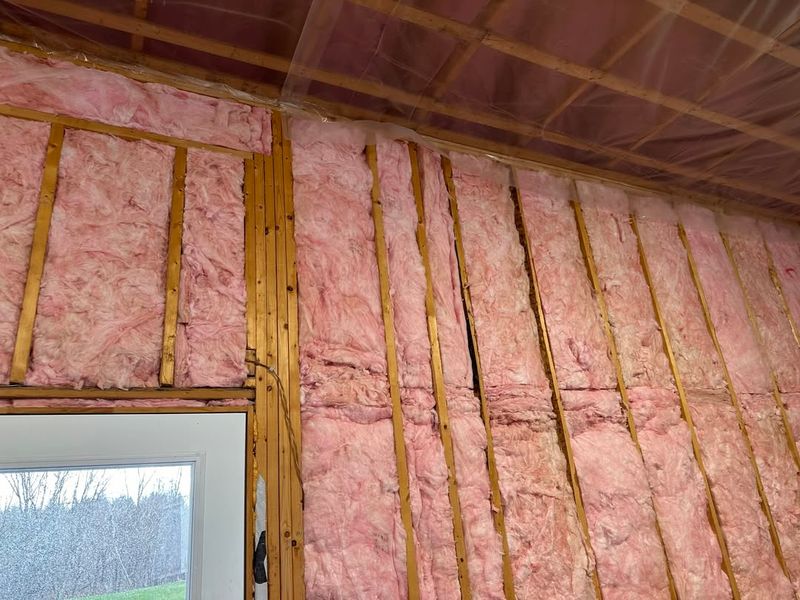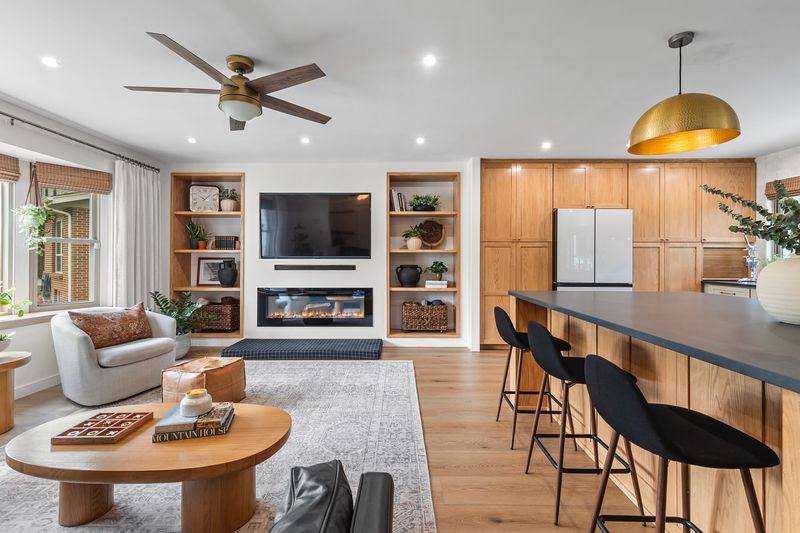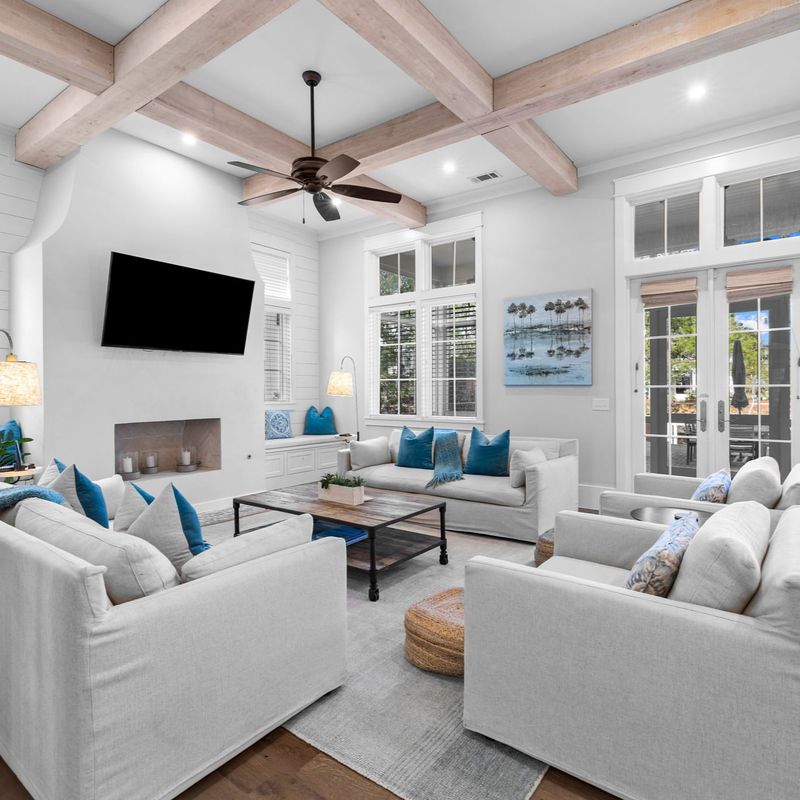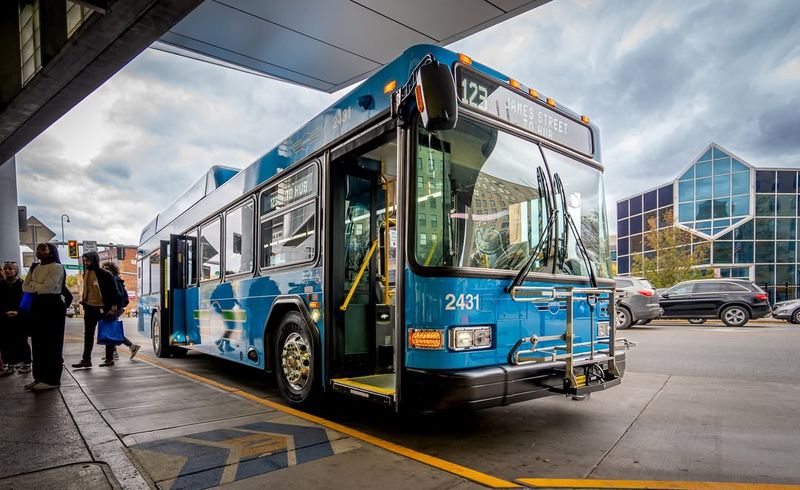When you’re on the hunt for your dream home, a property viewing is your chance to dig deeper beyond the curb appeal.
Asking the right questions can save you from future headaches and ensure you’re making an informed decision.
Here’s a fun, simple, and engaging guide to 35 essential questions you should ask during a property viewing. Dive in and make your next house hunt a breeze!
1. What’s the neighborhood like?
Understanding the vibe of the neighborhood is crucial. Is it vibrant or peaceful? Take a walk around and get a feel of the community.
Talk to neighbors if possible; they can share insights about living there. Notice the amenities nearby, like parks, shops, and schools.
This question helps you gauge if the area aligns with your lifestyle. Remember, buying a home is not just about the house itself but the life you’ll live around it.
2. How old is the roof?
Roofs are like hats for homes—they need to be in good shape!
Check how old the roof is, as it affects maintenance costs. Older roofs might need repairs or replacements sooner. Inspect for missing shingles or sagging areas.
A newer roof can make your life easier and save money in the long run. Don’t forget to inquire about any warranties. It’s all about keeping your head—and your roof—above water.
3. Are there any planned developments nearby?
Future developments can impact your living experience. They might enhance the area’s appeal or bring more noise and traffic.
Ask about any pending construction projects or zoning changes. This question will help you assess potential growth or disruption. Keep an eye on boards or brochures showcasing upcoming plans.
A future mall could mean convenience or chaos, depending on your preference. Being forewarned is being forearmed!
4. Is the plumbing up-to-date?
Good plumbing is the backbone of a happy home. Ask about the age and condition of the plumbing system. Look out for leaky faucets or rusting pipes.
Modern systems are more efficient and less prone to issues. Inquire about past repairs and replacements.
Water woes can lead to costly damages, so it’s wise to ensure everything flows smoothly. Remember, a flush beats a full-blown plumbing crisis any day!
5. What are the utility costs?
Utility bills can significantly affect your monthly budget.
Ask for an average cost of electricity, water, and gas. Older homes might have less efficient systems that rack up costs. Knowing these expenses upfront helps you plan better.
Consider eco-friendly upgrades for savings. Utilities are the unsung heroes – or villains – of homeownership, depending on how much they cost! Keep your financial peace by knowing what to expect.
6. What is the neighborhood crime rate?
Safety first! Understanding the crime rate is essential. Research online, but also ask locals for their take.
A low crime rate enhances peace of mind, while higher rates might require extra precautions. Neighborhood watch programs can be an excellent safety net.
Always trust your instincts when assessing safety. A safe community is a happy one, so ensure your new home is surrounded by peace and security.
7. Are there any issues with the foundation?
The foundation is the bedrock of your home – literally! Inquire about cracks or shifts in the foundation.
These can lead to significant structural issues. It’s wise to get a professional inspection if you suspect problems. Solid foundations promise stability and longevity.
A shaky foundation could mean a shaky future. Ensuring a good base means your dream home won’t crumble under pressure. It’s all about starting on the right foot!
8. How’s the natural light?
Natural light can make a house feel like home.
Observe how sunlight enters different rooms at various times. Good lighting enhances mood and reduces electricity bills. Consider window placements and sizes.
Ask if any changes in the surroundings might affect light in the future. A well-lit home is inviting and warm. Remember, more sunshine means more smiles! Bask in the glow of a naturally bright living space.
9. What is the condition of the appliances?
Kitchen appliances are the heart of home utility. Check their age, brand, and condition.
Modern, energy-efficient models can save money and hassles. Inquire about warranties and maintenance history. Older or malfunctioning appliances might call for replacements, adding to costs.
Functioning appliances enhance convenience and comfort. It’s all about keeping your culinary adventures efficient and stress-free. Remember, a well-equipped kitchen makes cooking a joy, not a chore.
10. Are there any pest issues?
Pesky pests can be a homeowner’s nightmare. Ask about past or current infestations, and check for signs like droppings or nesting.
Regular pest control measures indicate diligent maintenance. Unwanted critters can cause structural damages and hygiene issues.
Knowing potential problems helps plan preventative actions. Peace of mind is priceless, so ensure the only creatures in your home are invited ones. Keeping pests at bay keeps your home a haven.
11. What are the property taxes?
Property taxes can be a significant expense. Ask for recent tax amounts to gauge ongoing costs. Understand how taxes might change with property improvements or market fluctuations.
Check for any exemptions or special assessments. Knowing your tax obligations helps in budgeting and financial planning. It’s essential to factor these costs into your homeownership journey.
Remember, being informed about taxes keeps you ahead of the game, ensuring no surprises down the road.
12. Are there any HOA fees?
Homeowners’ Association (HOA) fees can add to monthly expenses.
Ask about what’s covered in these fees – maintenance, amenities, or security. Understand the rules and regulations set by the HOA.
Some find these fees restricting, others see them as enhancing community living. Knowing the fees helps avoid budgetary surprises. It’s essential to determine if the HOA aligns with your living expectations. Finding a community that fits is the key to harmonious living.
13. What are the noise levels like?
Noise can be a deal-breaker for many. Visit the property at different times to gauge sound levels.
Traffic, nearby trains, or nightlife can affect peace. Ask the current owners about their experience. Soundproofing options are available, but knowing the situation upfront aids decisions.
A quiet home is a peaceful retreat after a busy day. Keep your sanctuary serene by being aware of potential noise nuisances.
14. Are there any warranties on the house systems?
Warranties offer peace of mind. Check if any house systems, like HVAC or electrical, are under warranty.
This can save unexpected repair costs. Ask for documentation and understand the terms and conditions. A transferable warranty adds value and security.
It’s all about securing a safety net for your investment. Knowing you’re covered allows you to focus on enjoying your new home, rather than worrying about breakdowns.
15. Is the home energy-efficient?
Energy efficiency is a win-win for your wallet and the planet. Inquire about insulation, windows, and energy-saving appliances.
Solar panels or smart home features boost efficiency. These upgrades reduce bills and environmental impact. Knowing the home’s energy profile helps you make eco-conscious decisions.
It’s about living comfortably while being kind to Mother Earth. Remember, an energy-efficient home is a sustainable sanctuary for the modern dweller.
16. What is the condition of the heating and cooling systems?
Heating and cooling are vital for comfort. Check the age and condition of these systems.
Regular maintenance records indicate reliability. Inefficient systems can spike energy bills and cause discomfort. Consider potential replacement costs if they’re outdated.
Ensuring optimal performance means cozy winters and cool summers. It’s all about climate comfort in your new home. Keep the temperature just right by understanding the systems that control it.
17. Are there schools nearby?
Proximity to schools is crucial for families. Check the quality and distance of nearby educational institutions.
Good schools enhance property value and community appeal. Even if you don’t have kids, they indicate a family-friendly area.
Understand the options for public, private, or charter schools. It’s about finding the best environment for education and growth. Living near good schools offers convenience and a sense of community involvement.
18. What’s the parking situation?
Parking is often overlooked but essential. Check if the property has a driveway, garage, or street parking.
Assess the convenience and safety of parking arrangements. Limited parking can be a hassle for you and guests. Inquire about any permits or restrictions.
The goal is to ensure easy access without daily headaches. It’s about finding a place where parking is seamless, not a sore spot. Happy parking means happy living!
19. Are there any zoning restrictions?
Zoning laws can affect property use and alterations. Ask about any restrictions or pending changes.
This information is crucial if planning renovations or business operations from home. Understanding zoning safeguards against legal issues.
It’s about ensuring your vision aligns with regulations. Knowing these details allows for informed decisions and future planning. Avoid surprises by being zoning-savvy and living comfortably within legal limits.
20. What is the water pressure like?
Water pressure impacts daily life.
Test faucets and showerheads to ensure satisfaction. Low pressure could indicate plumbing issues. Ask about any past problems or fixes related to water flow.
Consistent pressure is key for comfort and convenience. It’s about ensuring your showers are refreshing, not frustrating. Good pressure adds to the quality of life, making everyday tasks pleasant and hassle-free.
21. Is there a history of flooding?
Flooding can cause significant damage. Inquire about any past incidents and preventive measures.
Check for signs of water damage or mold. Flood history affects insurance and resale value. Understanding risks allows for proactive protection.
It’s about ensuring the safety and longevity of your investment. Don’t let surprises dampen your enthusiasm. Knowing the property’s flood history keeps you dry and secure.
22. Are there any environmental hazards?
Environmental hazards can lurk unseen. Ask about radon, asbestos, or lead paint presence.
These hazards pose health risks and require costly remediation. Ensure professional assessments and certifications. Awareness allows for informed decisions and safety precautions.
It’s about living in a healthy environment free of surprises. Protect your family by ensuring the home is environmentally sound. Knowledge is power when it comes to safety.
23. How old is the electrical wiring?
Electrical systems are the lifeline of modern homes.
Inquire about the age and condition of wiring. Old systems might need updates to handle today’s technology. Ask about past upgrades or issues.
Safe, efficient wiring ensures convenience and reduces fire risks. It’s about keeping your lights on and gadgets charged without worry. Secure your comfort by ensuring electrical systems are modern and reliable.
24. Is there adequate storage space?
Storage space often makes or breaks a home’s functionality. Check closets, garages, and attics for capacity.
Adequate storage enhances organization and living comfort. Consider your needs for seasonal items, hobbies, or family expansions.
Lack of space leads to clutter and stress. It’s about ensuring your belongings fit seamlessly. A home with ample storage supports a tidy and peaceful life. Find a place for everything, so everything finds its place.
25. What is the resale value?
Resale value matters for future financial planning. Ask about market trends and neighborhood popularity.
Improvements and local developments affect value. Understanding potential appreciation guides investment decisions. It’s about securing future gains alongside current satisfaction.
A home with good resale prospects offers peace of mind and financial security. Invest wisely by knowing your property’s market potential.
26. What type of insulation is used?
Insulation impacts comfort and energy bills. Inquire about the type and condition—fiberglass, foam, or cellulose.
Good insulation keeps homes cozy and costs down. It’s essential for temperature regulation and noise reduction. Understanding insulation helps assess energy efficiency. It’s about living comfortably without financial strain.
Quality insulation ensures a warm home in winter and cool refuge in summer. Stay snug and save money with proper insulation.
27. Is there a history of renovations?
Renovations reveal a home’s evolution. Ask about past updates and their quality.
Understanding changes helps gauge maintenance needs and structural integrity. Quality renovations enhance value and appeal. It’s about knowing the home’s story and future potential. Good renovations promise longevity and modernity.
Ensure your new home meets current standards and personal tastes. Keep the charm alive by appreciating past improvements.
28. Are there any special features?
Special features add charm and value. Inquire about pools, fireplaces, or smart home technology.
Unique elements make a home stand out and enhance enjoyment. Consider maintenance and utility costs. Features should align with lifestyle preferences.
It’s about finding a home with personality and practical perks. Special features can turn a house into a dream home. Discover the extras that make everyday living extraordinary.
29. What is the internet connectivity like?
Internet connectivity is crucial in today’s world. Test speed and reliability during your visit.
Inquire about service providers and available plans. Good connectivity supports work, entertainment, and security systems.
It’s about ensuring seamless online experiences. Reliable internet is a non-negotiable for modern living. Keep your digital life running smoothly by understanding the connectivity landscape. Stay connected and informed in your new home.
30. Are there any nearby public transport options?
Public transport enhances accessibility and reduces commuting costs. Check the proximity of buses, trains, or bike lanes.
Good connectivity boosts convenience and neighborhood appeal. Even if you drive, options add flexibility. It’s about ensuring easy access to city life and work.
Public transport enriches living experiences and offers eco-friendly travel. Embrace the convenience of a well-connected community.
